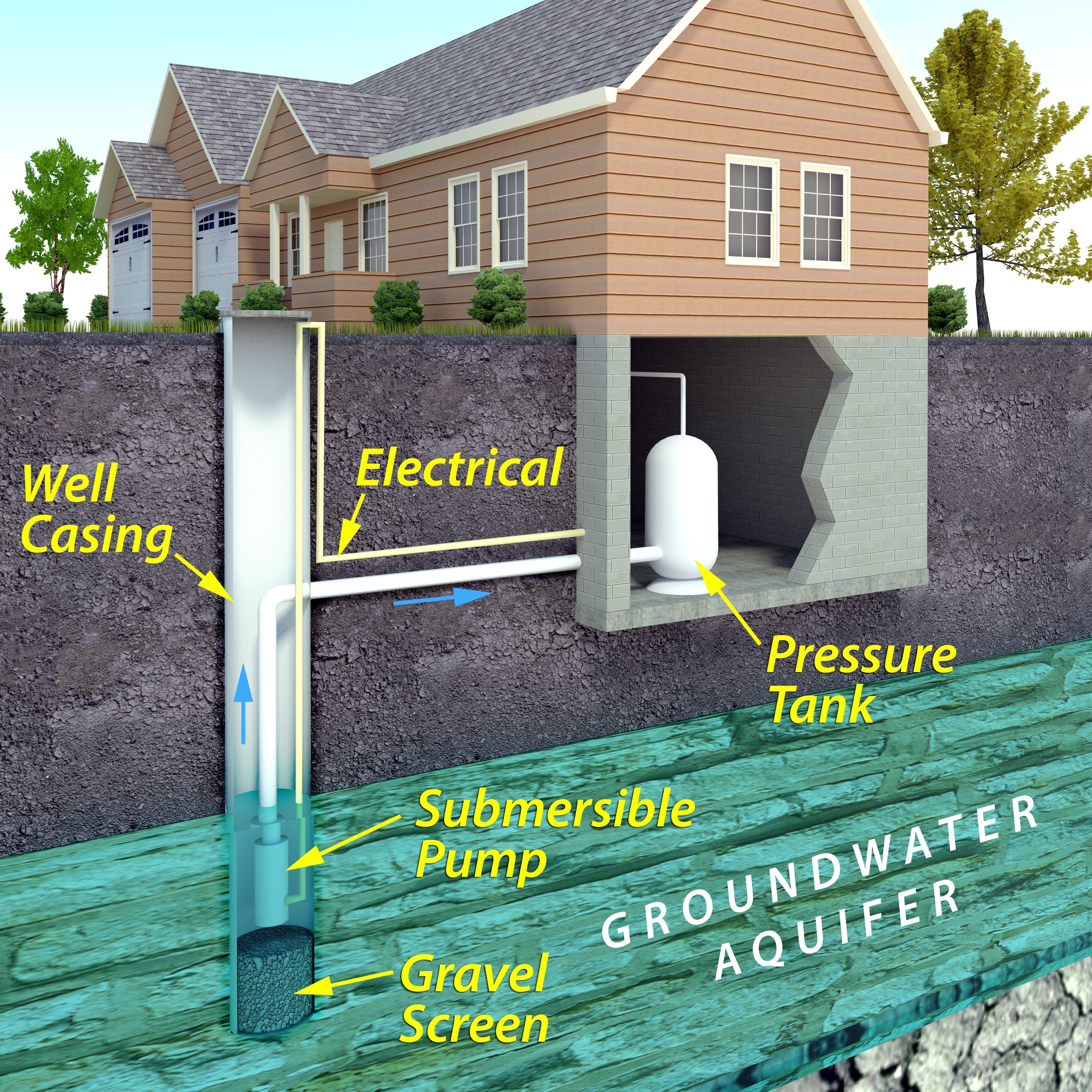
Private well water has its challenges. Those who already have private wells and get their water from them know that private wells are not under any legal guidelines such as those imposed on public water systems. In other words, well owners must provide their purification systems or do without.
While there are many different contaminants that can get into underground water sources, nitrate can be particularly dangerous, especially for children and pregnant women.
So what is nitrate anyway?
When nitrogen and oxygen combine, nitrate is formed. Nitrogen, itself, is essential to all living things, including plants, which makes its presence abundant. It is when the nitrogen combines with oxygen that the troublesome compound of nitrate is produced. Water containing nitrate can easily seep into the ground and enter any underground water source. Once there it can be consumed by those using that well or aquifer water.
It should be noted that low levels of nitrate are not hazardous to humans. It would be nearly impossible to remove every trace of nitrate from groundwater. It is when levels get high that health problems can arise.
Higher than normal levels of nitrate in well water is often the result of improper or poorly constructed wells. It can also occur if the well is not located properly. The overuse of certain types of chemical fertilizers can also add to the level of nitrate in well water. And nitrate levels can also increase if human or animal waste is not disposed of properly.
Some common sources of nitrate include animal feeding pens or feeding lots, manure piles, septic tanks, food processing waste outlets, and various kinds of fertilizers. Any of these sites can produce nitrate which can get into wells, and like this get into the household water supply.
Private well owners should always be cautious after heavy rains or flooding. These types of weather events can easily carry nitrate in run-off waters or cause nitrate to seep into the groundwater.
If you suspect your well water may have high levels of nitrate in it, or if you simply want to be safe, you should have the water tested by an accredited lab or state certificated lab.
There are several water filtration methods you can use to remove nitrate from your household water. Nitrate can be removed by using water treatment processes such as distillation, reverse osmosis, and ion exchange. A reliable water filter vendor can help you decide which method is best for your home and circumstance
It should be noted in closing that boiling your water will not remove nitrate. In fact, due to evaporation boiling your water may actually increase the nitrate level.


Share:
Inorganic Compounds in Drinking Water
Bottled Water v.s. Water Filters